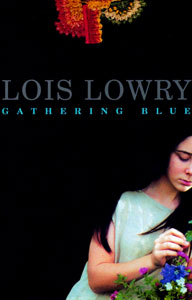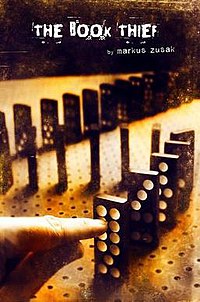★★★★★
"We throw our parties; we abandon our families to live along in Canada; we struggle to write books that do not change the world, despite our gifts and our unstinting efforts, our most extravagant hopes. We live our lives, do whatever we do, and then we sleep. It's as simple and ordinary as that. A few jump out windows, or drown themselves, or take pills; more die by accident; and most of us are slowly devoured by some disease, or, if we're very fortunate, by time itself. There's just this for consolation: an hour here or there when our lives seem, against all odds and expectations, to burst open and give us everything we've ever imagined, though everyone but children (and perhaps even they) know these hours will inevitably be followed by others, far darker and more difficult."
"What I wanted to do seemed simple. I wanted something alive and shocking enough that it could be a morning in some body's life. The most ordinary morning. Imagine, trying to do that."
I tried reading this book a few years ago, and failed miserably. I'm not sure why. Now am I'm going through my bookshelves and listening to the books I haven't read yet, I came across it again. I wasn't expecting to love it. It was just another book to check of the list. But I found myself drawn in from the first line. The language was beautiful and the style of the novel reminded me of The Reader by Bernhard Schlink. It was a relatively short and simple story, but extremely profound and brilliant.
I loved the idea of three women connected by a single book, Mrs. Dalloway by Virginia Woolf. Their stories fit so effortlessly together in so many ways:
- Virginia Woolf in 1923 begins to write the new novel, Mrs. Dalloway. She suffers from severe depression and desperately wants to move back to London with her husband.
- Clarissa Vaughan is the modern-day Mrs. Dalloway. She is planning a party for her good friend (and former lover) Richard who is receiving a poetry away and dying of AIDS. She goes through her day planning for the party: running errands, talking to old friends, and reflecting on Richard. Charissa is happy with her partner Sally, but constantly thinks about how her life would have been different if her and Richard would have stayed together.
- Laura Brown is a young wife and mother living in a Los Angeles suburb in 1949. Her husband and son are perfect in every way, but she is not content with her simple life. She begins the morning reading Mrs. Dalloway in bed and dreading the day where she will have to make a cake and celebrate her husband's birthday. She goes through the day - exhausted and just wanting to read her book. I didn't particularly like her, but I did find something appealing and familiar about just wanting to lose yourself in a good book instead of constantly going through the motions of everyday life.
I wish I would have read Mrs. Dalloway before reading this, but then again, maybe it will be interesting to read the book after as well.






